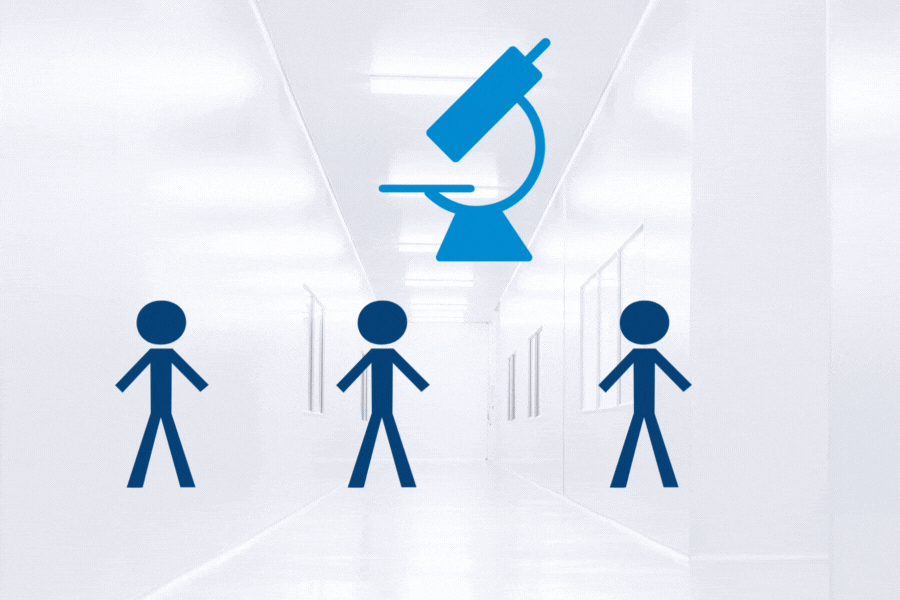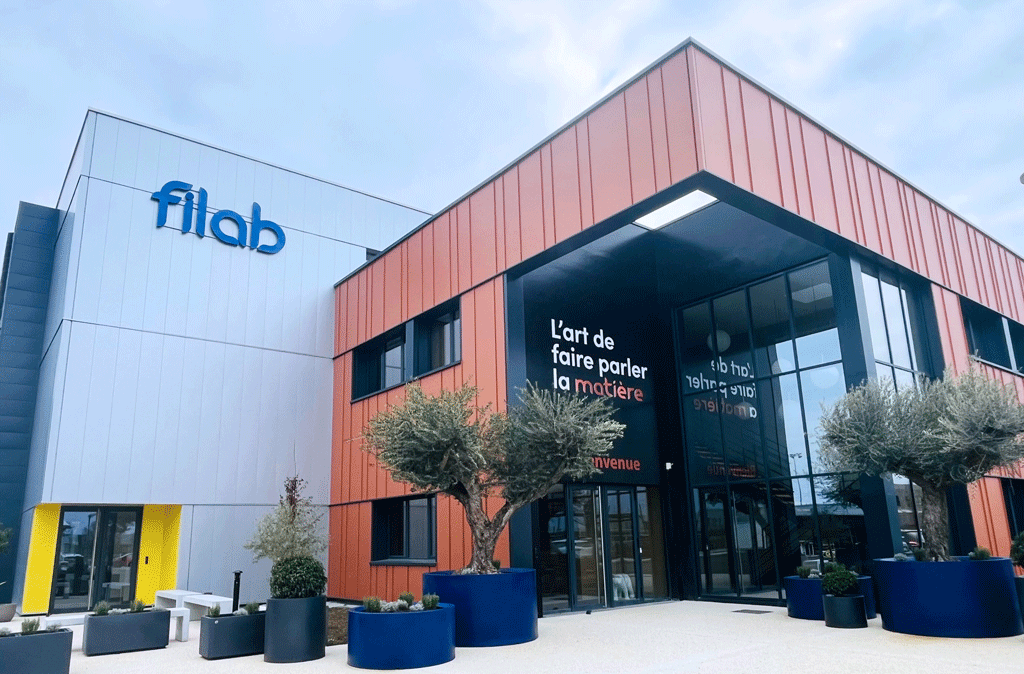Analytical method validation
Your needs: validate your analytical methods and assays in accordance with your regulatory requirements
Analytical method validation is a cornerstone of quality assurance in chemical, pharmaceutical, and industrial laboratories. Whether you are developing new drugs, testing raw materials, or ensuring product compliance, validating your analytical methods guarantees accuracy, reliability, and regulatory compliance.
At Filab, we support industries worldwide by providing independent analytical services, helping clients validate their methods in accordance with international standards.
What is analytical method validation?
Analytical method validation is the documented process of demonstrating that a specific test method is suitable for its intended purpose. In other words, it ensures that the method will consistently deliver accurate, precise, and reproducible results under defined conditions.
Regulatory agencies such as the FDA (Food and Drug Administration), EMA (European Medicines Agency), and ICH (International Council for Harmonisation) provide strict guidelines (e.g., ICH Q2(R1)) outlining the criteria and parameters for method validation.
For industries such as pharmaceuticals, chemicals, and cosmetics, method validation is not optional—it is a regulatory requirement and a pillar of Good Manufacturing Practices (GMP).
Our solutions: FILAB assists you with all your analytical and dosing method validation needs
Key parameters of analytical method validation

Regardless of the analysis method, here are the main criteria to consider for pharmaceutical analytical validation:
- specificity (or selectivity)
- precision: repeatability, intermediate precision, reproducibility
- accuracy
- linearity
- sensitivity (Limit of Detection (LoD) and Limit of Quantification (LoQ))
- stability
- robustness
- measurement uncertainty
FILAB supports you in the validation of your analytical and dosing methods and also takes charge of the various stages of implementation.
With its high level of in-house expertise and diversified analytical equipment, FILAB analyzes your needs and offers you solutions adapted to the standards associated with your problem.
Analytical method validation in pharmaceuticals
In the pharmaceutical industry, method validation is critical for:
- Raw material testing
- Stability studies
- Finished product analysis
- Bioanalytical assays (drug concentration in biological samples)
For drug approval dossiers (NDA/MAA), validated methods are mandatory. Regulatory audits often review not only the results but also the validation process itself.
Why is analytical method validation important?
Regulatory compliance: authorities require validated methods before approving products for market.
Risk reduction: minimizes errors, recalls, and costly delays.
Customer trust: reliable testing strengthens confidence in your products and brand.
Product safety and efficacy: reliable methods ensure products meet quality specifications.
International recognition: validated methods are accepted across global markets, ensuring smoother exports.
How Filab supports your method validation?

At Filab, we specialize in providing independent, tailor-made validation services. Our expertise covers:
- Development and optimization of analytical methods
- Validation according to ICH, ISO, and GMP guidelines
- Verification of client-supplied methods
- Detailed documentation and reporting for audits
- Multisector expertise: pharmaceuticals, chemicals, cosmetics, and materials science
We combine state-of-the-art equipment (HPLC, GC-MS, ICP, FTIR, etc.) with deep regulatory knowledge, helping industrial partners secure compliance while saving time and costs.
In addition, FILAB assists you in the validation of analytical methods and assays according to specific standards and guidelines:
Analytical validation according to ICH Q2
Method validation according to USP 1225
Method validation according to SANCO 30/30
Method validation according to NF T90-210
Method validation according to ANVISA
FAQ
Validation demonstrates that a method is suitable for its intended purpose. Verification confirms that a previously validated method works under specific conditions (e.g., in your own lab).
While not always mandatory, validation is strongly recommended to ensure reliability, comparability, and international recognition of results.
CH Q2(R1), ISO/IEC 17025, FDA, and EMA guidelines are the most common references.
Yes. Many industrial companies partner with independent laboratories like Filab to save time, reduce costs, and ensure compliance.








